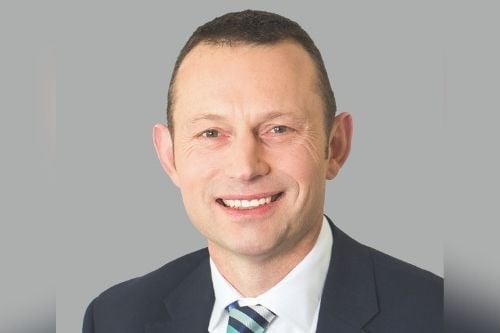

The recent flood incident in New South Wales and South East Queensland has so far recorded about 30,000 claims estimated to be worth more than $400 million at this early stage. Here Adam Squire (pictured), head of claims at Gallagher Australia, shines a spotlight on the broker’s remit at times like this.
Squire, who recently joined the board of the National Insurance Brokers Association (NIBA), is expecting a “very significant” amount of damage from the incident, with the preliminary numbers set to rise even further as floodwaters recede and people return to their properties.
“Some of those claims will be considered storm damage under the policy because of the way the waters come in,” he noted. “Some of them will be flood damage, and flood damage in some cases isn’t an automatic peril. And that’s where there may be challenges for policyholders if they haven’t taken flood damage as a peril.
“There may be a challenge that they have to make through insurers into how the provider interprets the cause of the loss – whether it’s storm, because of the several days of stormy rain, or flood damage. That’s where, sometimes, an argument can happen.”
This is where the broker comes in, according to the claims head, who believes it is the broker’s responsibility to advocate for the policyholder.
He told Insurance Business: “Our job is to act completely for the client, and we act in their best interest. If the insurer has an interpretation we don’t agree with, then we will argue on behalf of the client; whereas if the policyholder is direct with the insurer, they don’t actually have anyone supporting and representing them.
“If you’re represented by a broker, you have a claims advocate working for you.”
Part of what Gallagher does is attending to urgent requests and ensuring that adjusters or restoration companies are appointed instantaneously.
Squire stressed: “The quicker you can access the property that’s been impacted, the more chance you’ve got of salvaging or saving the property. The longer you can’t get at it, the more likely the damage is going to get worse.
“When you get floodwater, even an inch deep through a property, that causes horrendous damage and it’s very difficult to restore and repair buildings like that. In the claims game, the closer you are to being able to do something after the incident, generally, the better the outcome is going to be.”
But what’s better than responding quickly? In Squire’s view, prevention and mitigation should be the goal.
“As an industry, we’re extremely good at cleaning up after an event,” he said. “The industry is well practiced and it does a pretty good job.
“What I’d like to say is the lesson learned here is governments really need to step in, in terms of both planning and mitigation solutions, so risks are reduced and we get less people having to go through this situation in the first place. That’s the conversation that we really need to be having.”
The new NIBA board member went on to state that one of the key things a broker does is find an insurance solution, but just as importantly when the ‘moment of truth’ happens, a claimable event, they are there to help.
“There are many brokers with many sleepless nights and many long hours helping clients in claims situations, and I think that is underestimated how much time and effort and energy and passion that they all put into that,” said Squire.
“Whether it be dedicated claims people in a broking house or individual brokers managing their clients’ claims, they’re always advocating extremely hard for clients.”
